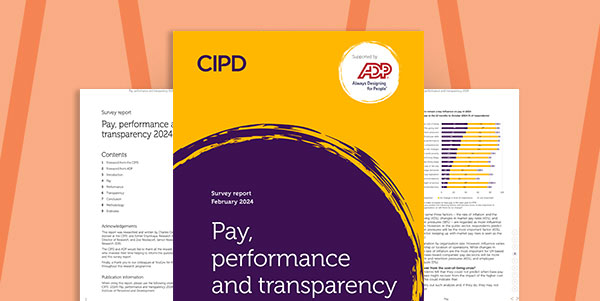Chancellor of the Exchequer Jeremy Hunt presented his Autumn Statement 22nd November 2023.
The HM Treasury Autumn Statement 2023 document can be found here.
The below is a summary of key points that affect PAYE and UK Payroll.
TABLE OF CONTENTS
National Insurance
The government is cutting taxes for over 27 million working people. The main rate of Class 1 employee National Insurance contributions (NICs) will be cut from 12% to 10% from 6 January 2024, with employees benefitting from January onwards. This means the average worker on £35,400 will receive a tax cut in 2024-25 of over £450.
While rate changes usually take effect from 6 April, the government wants to provide people with money in their pockets now and is therefore delivering this as quickly as possible. This will ensure that employees benefit from this tax cut from January onwards as employers make this change to their payroll systems.
This will reward work and sustainably grow the economy, providing a combined rate of income tax and NICs for an employee paying the basic rate of tax of 30% – the lowest since the 1980s.
Extending the Employer NICs relief for employment of veterans – The government is extending the NICs relief for employers of eligible veterans for one year. The relief means businesses pay no employer NICs on annual earnings up to £50,270 for the first year of a qualifying veteran’s employment in a civilian role.
National Living Wage/National Minimum Wage
The government has confirmed it has accepted the Low Pay Commission's (LPC's) recommendations in full in relation to the National Living Wage and National Minimum Wage rates for use from the pay period beginning on or after 1st April 2024
The government is delivering on its commitment to end hourly low pay. From 1 April 2024, the National Living Wage (NLW) will increase by 9.8% to £11.44 with the age threshold lowered from 23 to 21 years old. This represents an increase of over £1,800 to the annual earnings of a full-time worker on the NLW and is expected to benefit over 2.7 million low paid workers.
National Minimum wage rates for younger workers will also increase. 18-20-year-olds will also get a wage boost to £8.60 per hour – a £1.11 hourly pay bump.
The minimum hourly wage for an apprentice is boosted next year, with an 18-year-old apprentice in an industry like construction seeing their minimum hourly pay increase by over 20%, going from £5.28 to £6.40 an hour.
The minimum hourly wage for 16-17 year-old will increase from £5.28 to £6.40 an hour.
Accommodation Offset will increase from £9.10 to £9.99 from 1st April 2024.
Investment Zones
The government is delivering on levelling up and announcing further measures to support growth and investment across the UK, including confirming the next set of investment zones in Greater Manchester, the West Midlands, and the East Midlands; and doubling the flexible funding envelope for each investment zone from £80 million to £160 million by extending the programme and associated tax reliefs from five to ten years.
The government is also confirming that there will be two Investment Zones in Wales; one located across the Cardiff and Newport area. The government has now confirmed details of 6 of 13 Investment Zones in the UK and will work with local partners with the aim of confirming details of all Investment Zones by summer 2024.
The UK government will work in partnership with the Scottish and Welsh governments with the intention of delivering an extension to the Investment Zones programme in Scotland and Wales and continue to work with stakeholders on how best to deliver the benefits of the Investment Zones programme in Northern Ireland.
Pensions
The government will tackle the long-standing problem of “small pot” pensions and is launching a call for evidence on a lifetime provider model which would allow individuals to have contributions paid into their existing pension scheme when they change employer, providing greater agency and control over their pension.
As announced at Spring Budget 2023, the government will introduce legislation in Autumn Finance Bill 2023 to complete the work to remove the Lifetime Allowance. The measure will clarify the taxation of lump sums and lump sum death benefits, and the application of protections. It will also clarify the tax treatment for overseas pensions, transitional arrangements, and reporting requirements. The measure will take effect from 6 April 2024.
Van & Fuel Benefit Charges
Van Benefit Charge and Car & Van Fuel Benefit Charges – The government will maintain the Van Benefit Charge and the Car & Van Fuel Benefit Charges at 2023-24 levels for 2024-25. The flat-rate van benefit charge will remain at £3,960. The multiplier for the car fuel benefit will remain at £27,800. The flat-rate van fuel benefit charge will remain at £757.
Future RTI Reporting
As announced on 27 April 2023, the government will introduce legislation in Autumn Finance Bill 2023 to require employers, company directors, and the self-employed to provide new or improved data to HMRC to enable better outcomes for citizens and businesses. Through PAYE reporting, employers will be required to provide data on employee hours paid. Following further technical consultation, regulations will be laid spring 2024, with changes taking effect from the tax year 2025 to 2026.



